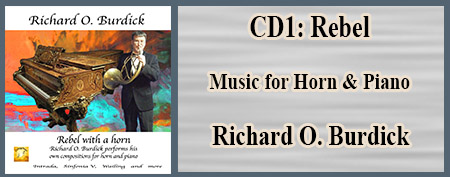The musical compositions of Richard Burdick
 Follow on Twitter
Follow on Twitter
Opus 84
Khrushchev Portrait
for Narrator, English horn, bass clarinet
and two chamber orchestras (time)
Summer 1994
Contact us for a free study score
Buy the sheet music from MusicaNeo
Buy the sheet music directly from Richard.
Pay by paypal and get a pdf sent by e-mail
![]()
Khrushchev Portrait for Narrator, English horn, Bass clarinet and two chamber orchestras, opus 84, was written during the Summer of 1994. This work was not a commission nor do I have any orchestra in mind for the performance. It is a work I had wanted to write for quite a while. I purposely waited for the summer off from my Symphony to begin such a large work. I expect the first audio version will be a computer with the three live soloists version.
My main reasons for writing it are 1) the text shows, if honest, Khrushchev's peaceful intentions, his concern for international law and his willingness to comply to it, and his concern for the world. A view of him we don't often get. 2) The text suits my composition style, 3) It was a welcome change not to concern myself with structure, since it is inherent in the text. 3) I haven't written for a large ensemble in quite a while, 5) I feel I finally know all the instruments (except Roto-toms) well. 6) I like the piece Coming Together with a text from a prisoner at Attica Prison by a composer I forget, and I like the piece by John Adams with orchestra accompanying a recording of a late night talk show host. I feel my work is a companion to those. 7) I thought maybe this might do a little for world peace. To emphasis the peaceful and non-offensive reasoning for what Khrushchev had done. Which may be lost in our version of history, since history is usually told from the side of the victors.
Formalistically I am also proud of this work. My notes have been included at the end of the work. As usual I began with a random throw of coins to get two I ching Hexagram. From that I also used the inverse and assigned one pair to each orchestra as symbolic of Khrushchev and Kennedy. The hexagrams then suggest scales with whole steps and half steps. Years ago I assigned fixed tonics to all 64 hexagrams, with somewhat mystical reasoning to which I adhere. From the interrelationship of the common and uncommon tones of the scales the melodies are created. As the work progresses, rhythm patterns based on the rhythm of the text emerge and repetition of words is mirrored in repetition of instrumental sounds and patterns, with key words such as: I, me, we, you, war, Cuba, peace, military man, Mr. President, etc. Rhythmically the ratio 9: 13 is predominant.
During this period I also was involved in reading Dynamic Dissonance in nature and the arts by Louis Danz, which was rather long and difficult with many obscure literary references. Danz's praise of Schonberg did inspire me to work in the twelve tone form. So, in this work, the melodies evolve together into a unified row, which then bifurcates and then breaks down before the recapitulation. The work that followed this The Waltz for orchestra, also a twelve tone work in which I used a chromatic scale as my row is a companion piece for my Khrushchev portrait, The Waltz would be a suitable overture or postlude, with a Mozart horn concerto on the program to balance the weight of my Khrushchev Portrait.
Share This on Twitter Share This Link on Facebook
![]()
ASCAP
Contact us for more information.
Search I Ching Music:
 CD46
CD46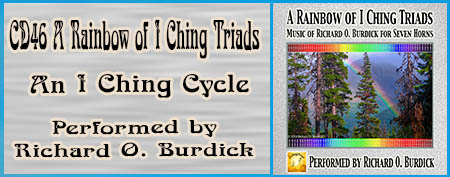 CD45
CD45 CD44
CD44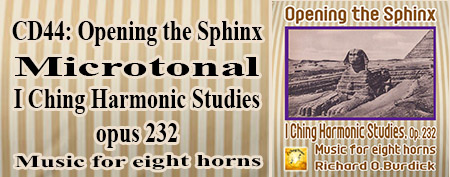 CD43
CD43 CD42
CD42 CD41
CD41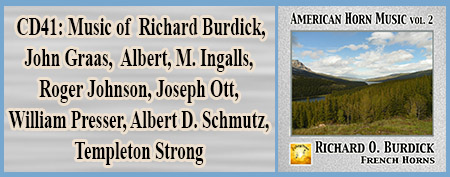 CD40
CD40 CD39
CD39 CD38
CD38 CD37
CD37 CD36
CD36 CD35
CD35 CD34
CD34 CD33
CD33 CD32
CD32 CD31
CD31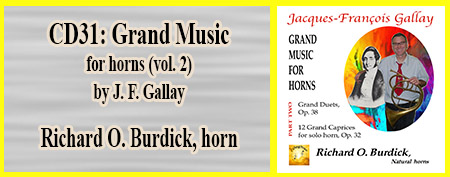 CD30
CD30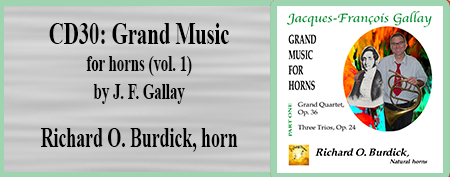 CD29
CD29 CD28
CD28 CD27
CD27 CD26
CD26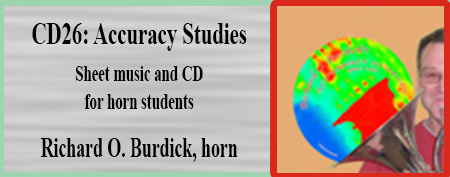 CD25a
CD25a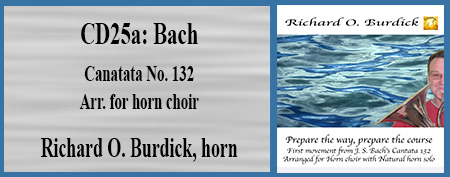 CD25
CD25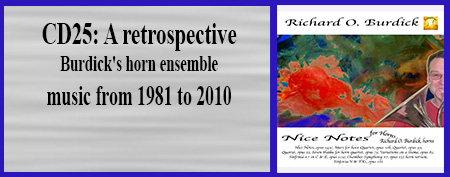 CD24
CD24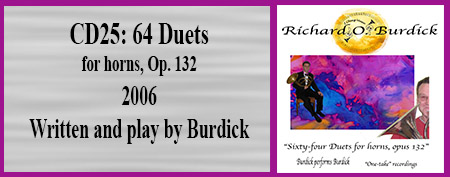 CD23
CD23 CD22
CD22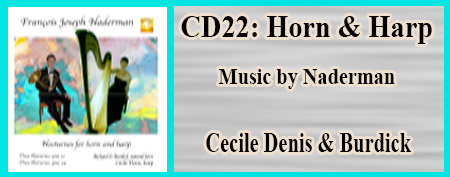 CD21
CD21 CD20
CD20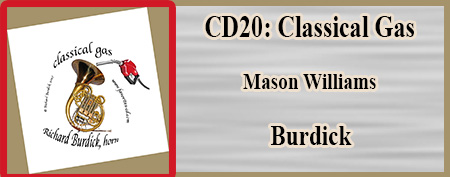 CD19a
CD19a  CD19
CD19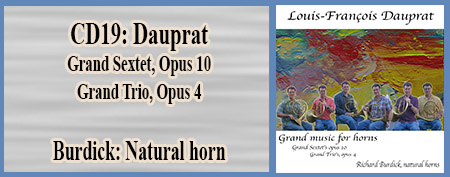 CD18
CD18 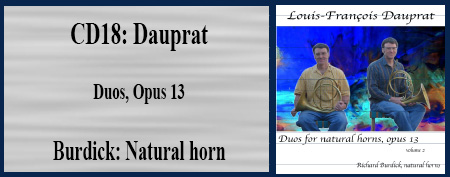 CD17a
CD17a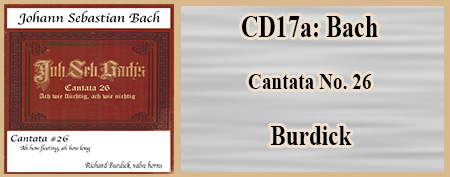 CD17
CD17 CD16
CD16  CD15
CD15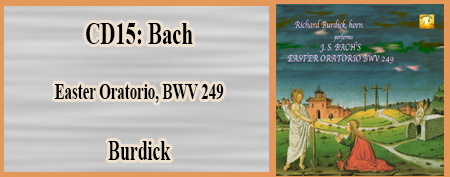 CD14
CD14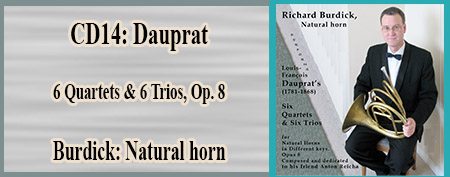 CD12
CD12 CD9
CD9 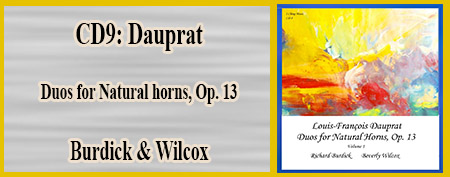 CD8
CD8 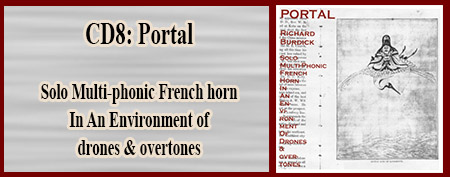 CD7
CD7 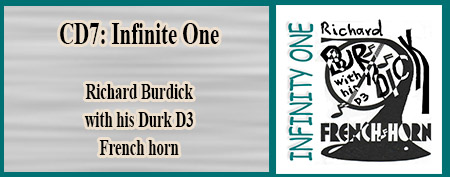 CD6
CD6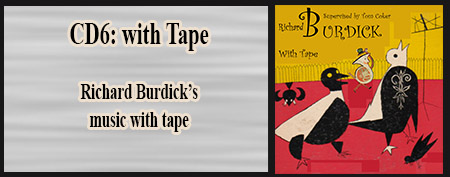 CD5
CD5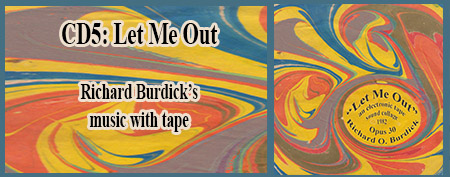 CD2
CD2  CD1
CD1 